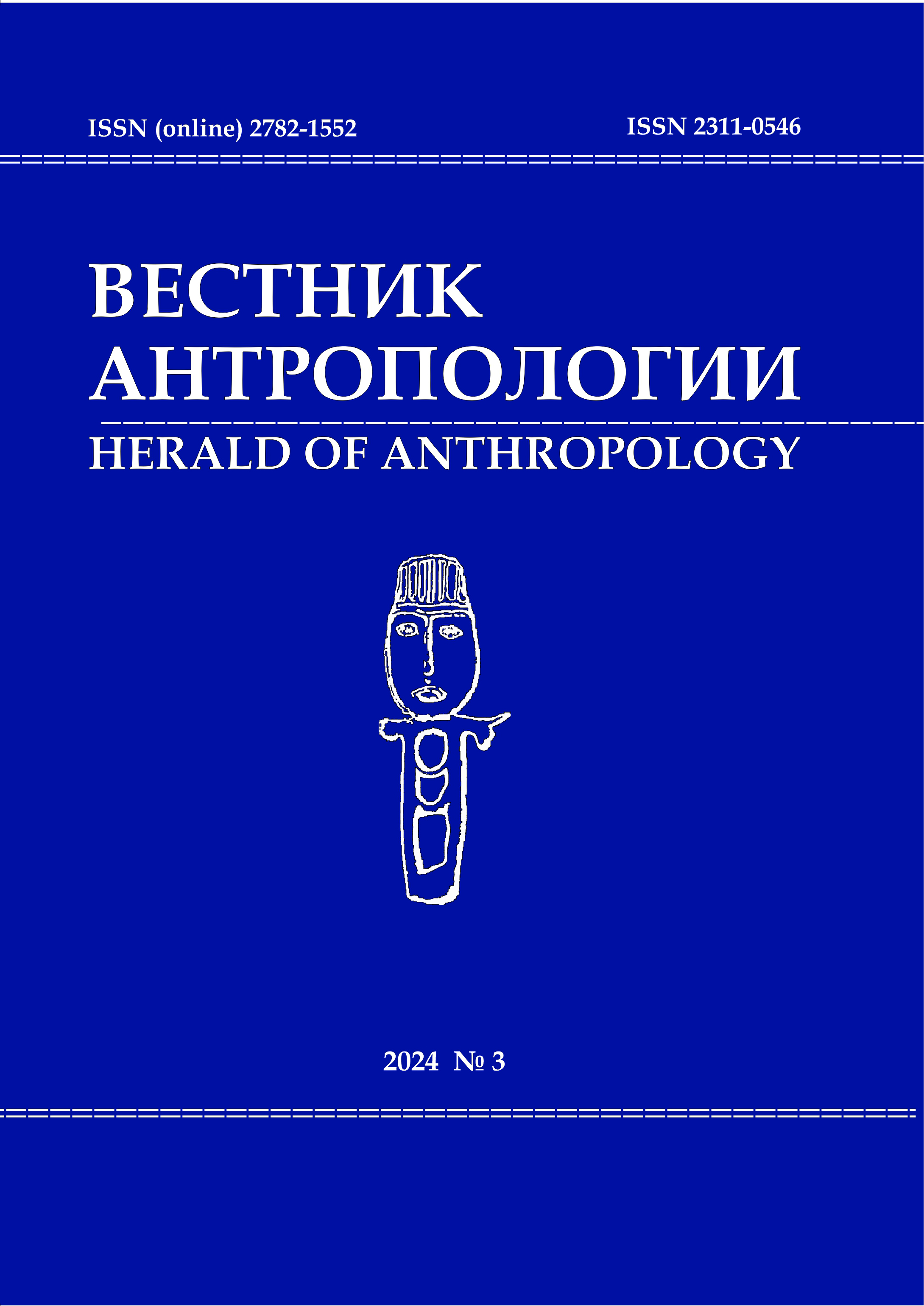Civic vs Ethnocultural Education in Russia: Students' Opinion
DOI: 10.33876/2311-0546/2024-3/153-167
Keywords:
civic education, ethnocultural education, educational programs, students' opinion, youth, studentsAbstract
The article presents a discussion on the combination of civic and ethnocultural elements in the educational process, based on the opinions of students about the knowledge acquired. Mass surveys were conducted in April–May 2024 among students in Moscow and in the Yaroslavl and Tyumen regions, and among students in grades 9–11 in Gorokhovets, a small town in the Vladimir region. The study yielded a ranking of the most significant subjects in students' understanding, pertaining to the study of the Russian state. The subjects occupying the top positions on this ranking are the history of Russia and the Russian language. Lessons and topics of ethnocultural profile are perceived as being less important than all civic subjects, with the exception of the history of the native land. The vast majority of respondents consider their knowledge of both the country as a whole and the peoples of Russia sufficient. At the same time, the proportion of respondents who expressed dissatisfaction with their knowledge was approximately equal regarding both civic and ethnocultural education in each region. In Moscow and Tyumen, approximately 15% of respondents indicated that they lacked sufficient knowledge, while in Yaroslavl and Gorokhovets, this figure was 1.5–2 times lower. Therefore, at the moment, the civic-ethnocultural balance in educational programs has been largely maintained. However, in the context of an external conflict and the implementation of reforms, the equilibrium will soon be disrupted and shift in favor of ethnocultural education, albeit at the expense of knowledge about modern Russian society. Students’ judgments regarding the results of their studies in socio-humanitarian subjects provide valuable insights into the key challenges facing civic and ethnocultural education. These judgments are of significant interest to experts and can be taken into account in the preparation of curricula and programs.





















